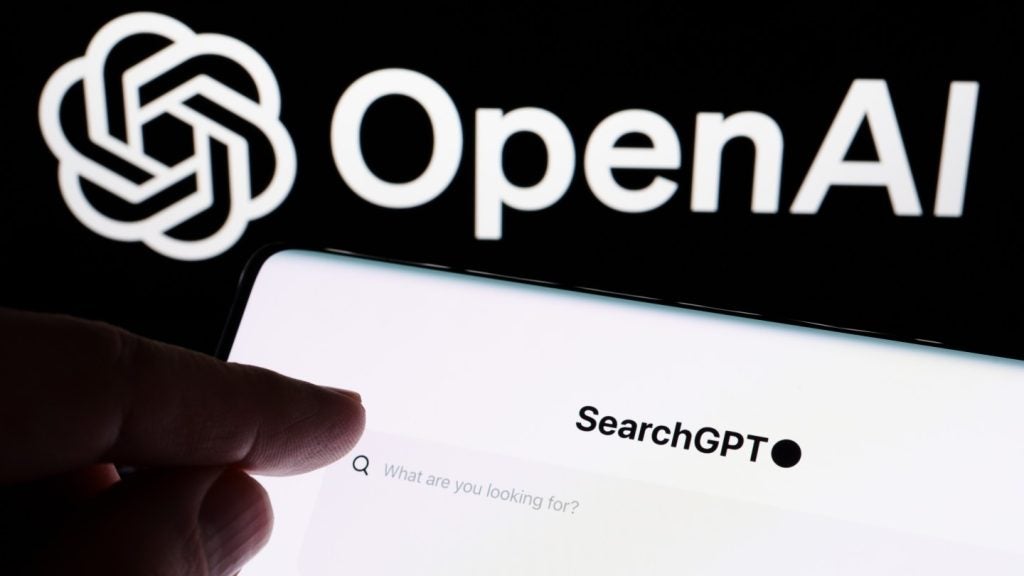
Would you invest in a company that makes no money and has warned would-be investors that it may never do so? Today thousands will attempt to do so as they scramble to get a slice of Uber in its highly anticipated initial public offering (IPO).
On the surface, this may seem like a more rational IPO than rival Lyft’s, which was held at the end of March. The company debuted on the Nasdaq stock exchange at the high end of its target, at a price of $72 each but has seen its value slump considerably since, and now sits at around $55 a share.
By contrast, Uber has opted to price its stock at the low end of its planned range, at $45 a share, giving it a market value of around $82bn. And while this is an immense amount of money, it is considerably lower than previous valuations of the company, which have soared as high as $120bn.
For many investors, this will likely make Uber seem like a good deal at a time when tech stocks are an exceptionally hot ticket, but experts are warning that it still may prove to be a poor investment.
“Uber may have priced shares at the lower end of its stated range, but $82bn for a taxi business that lost $3bn last year still seems high,” said John Colley, associate dean of Warwick Business School.
“Astronomical valuations are popular in Silicon Valley and Uber is no exception. There is little real evidence supporting these valuations. Neither Uber nor rival Lyft are even attempting to predict when they may become profitable.”
The low Uber price: A good deal?
The low Uber price will likely prove a lure for many investors when the company floats later today, but it is important to remember that not only does the company not yet make a profit, but it actually warned that it may never do so when it filed its IPO in April.
Of course, this does not mean there isn’t money to be made from Uber stocks, but it does cast doubt on the long-term health of the investment.
“It is no wonder so many technology start-ups are racing to IPO at abnormally early stages of development, before investor fatigue sets in,” said Colley, pointing to ongoing issues the company is having with its drivers as evidence of the issues that may jeopardise investments in the company.
“Uber has burnt $12bn of cash in the last four years by incentivising drivers through bonuses and remuneration and offering customers cheap taxi rides, while growth has slowed rapidly. At some stage investors will tire of funding these incentives,” he said.
“Prices will need to go up and driver incentives will need to be withdrawn. Both customers and drivers may then choose to go elsewhere.
“This week’s strike by drivers is a reminder how precarious Uber’s model is and provided the kind of poor PR the company could do without days before its IPO.”
The Uber IPO: a trading frenzy
Regardless of doubts surrounding the value Uber offers to investors, the Uber IPO is going to be a huge day for Wall Street.
“We can expect to see a trading frenzy, a massive day of speculation the likes unseen on Wall Street for many years,” predicted Malcolm Burne, adviser to the MVP Star Tech NG Fund.
“It could actually dictate overall market sentiment as we move into the summer and beyond… that time which often triggers the old market adage ‘sell in May and go away’.”
For many, however, it may prove wiser to wait until the initial bubble has burst to invest in the ride-hailing giant.
“The lesson most likely to emerge from this major stock market event, however, is clear evidence that it is a better strategy to invest in these ‘soonicorn’, unicorn and decacorn businesses as later stage, high-growth private companies at a healthy discount to their likely IPO price,” said Burne.
“Those investors with such access have downside protection in the face of bearish post-IPO sentiment from public market investors.”
Read more: Middle East tech sector stands to gain from Uber and Careem merger







